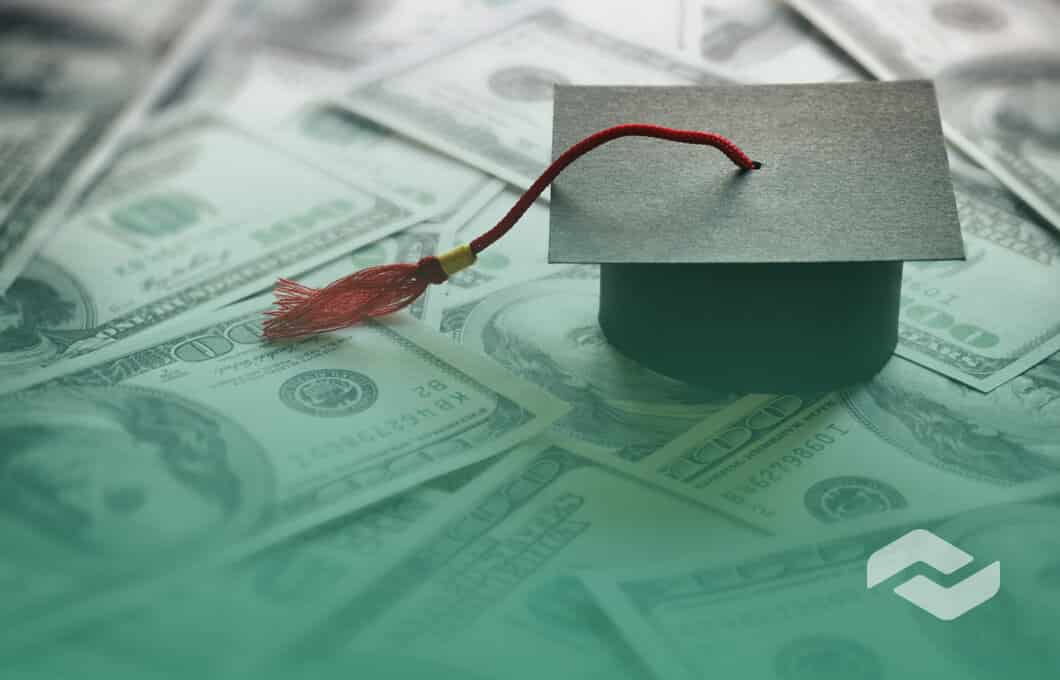Why Do Billionaires Take Loans When They Have Money?
According to the Federal Reserve, individuals with a higher income borrow more money than those with the lowest earnings. In fact, the bottom 50% of households are responsible for 36% of outstanding debt, whereas the top one percent is accountable for 4.6% of all consumer debt.
So, why would rich people take out loans when they have money?
Well, there are several reasons why billionaires and millionaires spend more than they make. Actually, the wealthy stay rich by borrowing money against their assets and using the funds for new investments. What’s more, taking out loans lets them keep their investments and avoid paying capital gains tax which is only due when a taxable event is triggered, such as the sale of an asset.
Finally, since the rich can afford to pay back loans, borrowing money is not seen as much of a risk as it is for people with lower incomes.
Here is a more detailed look at why rich people are taking loans.
Top Four Reasons Why Rich People Take Loans
Although the expenses and risks associated with borrowing money are well known, the advantages of doing so are sometimes overlooked. If done responsibly, borrowing money may be a useful tool in accomplishing one’s financial objectives—as is the case with well-off individuals.
Here are the main reasons why rich people are taking out loans.
1. Billionaires don’t actually have billions in checking accounts
Contrary to depictions in popular Hollywood movies, millionaires and billionaires don’t really have tons of money sitting around the house or in a checking account. In fact, billionaires’ money is tied up into different asset classes, such as real estate, stocks, mutual funds, retirement accounts, and crypto assets. In other words, billionaires rarely have cash on hand.
So, when they need money to invest in new opportunities, the rich leverage their assets to borrow funds. This money is then put into other assets that generate more income, making the rich even rich—after all, investing in appreciating assets is how billionaires are made.
2. Loans are cheap
Typically, high-earners get more affordable terms and rates on loans.
Why?
For one, those who already have assets and high income are seen as less risky borrowers. Wealthy loan applicants are less likely to default on the loan, and even if they do, banks have various options to collect the debt, prompting lenders to offer better terms and lower interest rates.
What’s more, the rich tend to take out bigger secured loans which also lowers interest. Low-income earners typically apply for car title and payday loans—these are unsecured loans that offer lower amounts and high interest. On the other hand, the wealthy take out mortgages which incur much lower interest rates.
In addition to mortgages, the rich can use their other assets to access a form of financing known as a securities-based line of credit (SBLOCs). These loans have very low-interest rates, easy approval processes, and can be taken out against any non-retirement asset.
Thirdly, borrowers can deduct mortgage interest on their tax return, making the loan even cheaper in the long run through tax savings.
Finally, there is an abundance of lenders available willing to offer better terms just to stay ahead of the competition. By comparing lenders and loan offers, the rich can borrow money strategically and at lower costs.
You might be interested: How is a billionaire different from a millionaire?
3. Avoid capital gains tax
So why do billionaires borrow against their stock instead of selling it? The short answer is to avoid capital gains tax which is payable only when you dispose of an asset.
Most of the rich people’s wealth often comes from the appreciation of assets rather than through regular salary, allowances, and bonuses. In contrast to steady income, appreciation is not subject to taxation until you make a profit from selling an asset that has increased in value.
By taking out loans, millionaires get to keep their assets and thus avoid paying a substantial amount in taxes.
The Buy, Borrow, Die Strategy
This is a common method the uber-wealthy use to minimize the amount of tax payable. The strategy is very simple and consists of three steps:
- Buy—Use your money to buy appreciating assets;
- Borrow—Use your assets as leverage to get a loan, whether mortgage or SBLOC
- Die—The beneficiaries of your estate can sell some of the assets to cover any outstanding loans without paying capital gains tax (thanks to the step-up in cost basis loophole). They can then choose to sell off the remaining assets or hold them and depending on the investment product in question earn passive income.
Learn more: 11 jobs that can make you a millionaire
4. Keep their money
Instead of investing their own money and tying up their funds in various assets, the rich borrow. This way they also free up cash flow for unexpected or unplanned events. And since loans are cheaper for the wealthy, this comes out as a win-win.
For instance, if a millionaire wants to buy a $900,000 house, they will apply for financing and pay less over the life of the loan than they would if they sold their assets. This strategy also leaves their money free to invest in other products and thereby increases their net worth.
The Takeaway
The wealthy take out loans and have consumer debt just like the rest of us, the difference is how the rich use debt to get richer.
Rather than cheating the system, high-earners are borrowing and investing strategically in order to keep their assets intact and minimize what they owe in taxes. They also enjoy lower interest rates so loans are much more affordable.
Suppose you want to borrow the same way the rich do. In that case, you will need to avoid payday and installment loans (in general, avoid loans with incredibly high-interest rates) and borrow for investments rather than for consumption. This means using credit cards only to reap the rewards (and the interest-free period) and focusing more on putting your money into appreciating assets.
FAQs
How much tax do the rich avoid every year by taking out loans?
According to the U.S. Department of the Treasury, the richest Americans can avoid a staggering $163 billion in income taxes each year by borrowing money. ProPublica, on the other hand, reports that the 25 richest people in America only paid income taxes in the amount of 3.4% of their total income.
Do rich people pay off their debt or invest?
Yes and no. While the rich pay off their loans, they leverage debt to increase their wealth. Loans allow the rich to hold on to their investments, thereby increasing their net worth and avoiding taxes which are only payable when assets are sold at a profit. It also lets them leverage those assets in the future and take out more loans for other investments.
Do millionaires have mortgages?
Yes, they do. Mortgages are the most common way to finance a home used by 78% of Americans and are even more popular among millionaires as real estate is one of the best assets to leverage for future loans. A mortgage is also quite affordable, especially for the wealthy—interest is partly subsidized, while rates are low for well-qualified borrowers.




Leave a Reply